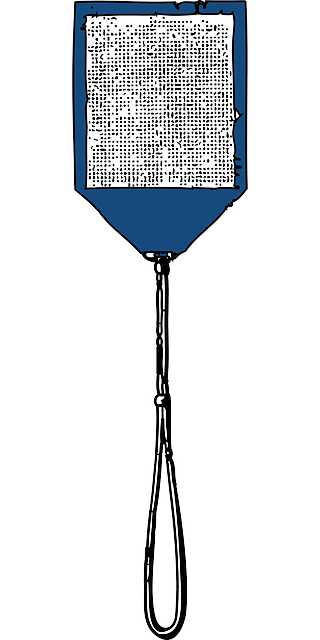Pest control technicians are trained professionals who combat a wide range of pests, from common household bugs to wildlife, ensuring healthy living spaces for both residential and commercial clients. They identify pest types, assess infestations, apply effective treatments, and provide preventive measures. Armed with expertise in pest behavior and modern tools, these technicians safeguard public health and property while keeping homes and businesses free from pests. Their diverse challenges include managing termites, rodents, and bed bugs through various methods like baiting, traps, and specialized equipment. Thorough training and certification ensure their technical proficiency and adherence to safety protocols, fostering a vibrant career trajectory with opportunities for specialization and advancement.
Pest control technicians play a crucial role in maintaining healthy living and working environments. They are the frontline defenders against pesky insects, rodents, and other pests that can cause damage and pose health risks. This article delves into the multifaceted world of these professionals, exploring their diverse roles, essential skills, and modern control methods. From understanding common pests to mastering safety protocols and certification requirements, it provides a comprehensive guide for anyone interested in this vital field.
Who are Pest Control Technicians?
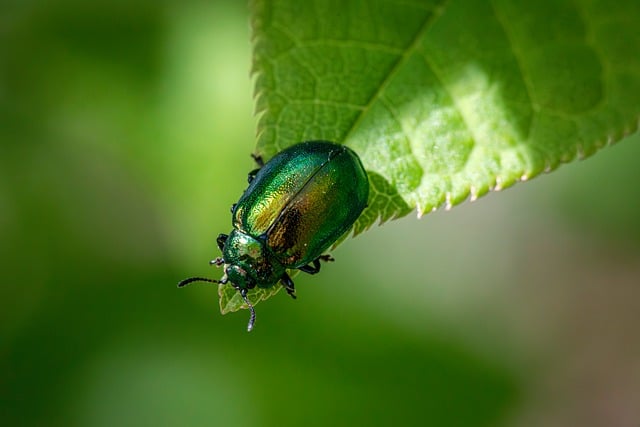
Pest Control Technicians are professionals trained and equipped to handle various pest infestations, from common household bugs to more dangerous wildlife. They play a crucial role in maintaining healthy living spaces by employing effective yet safe methods to eliminate pests. These technicians often work for pest control companies, offering their services to both residential and commercial clients.
Their responsibilities include identifying the type of pest, assessing the extent of the infestation, implementing appropriate treatments using insecticides or other chemicals, and providing preventive measures to deter future infestations. With a deep understanding of pest behavior and the latest tools, they ensure that homes and businesses remain pest-free, contributing significantly to public health and safety in the process.
The Role and Responsibilities of a Technician
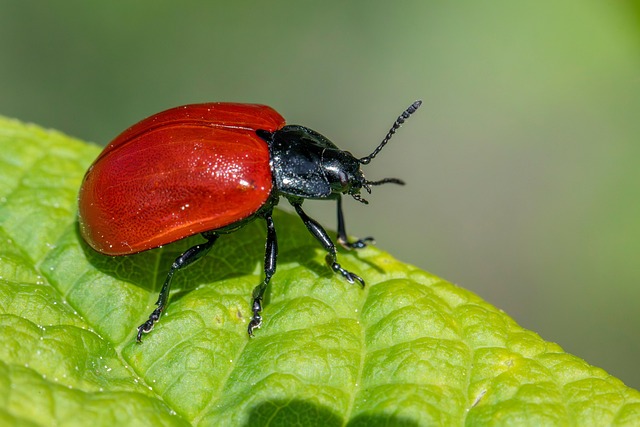
Pest control technicians play a vital role in maintaining a healthy and safe environment, both at home and in commercial settings. Their primary responsibility is to identify and eliminate various pests, including insects, rodents, and other harmful organisms, that can pose significant risks to human health and property damage. These professionals are equipped with the knowledge and tools to assess pest infestations accurately and develop effective strategies for their control.
A typical day for a technician involves inspecting properties, treating infested areas with suitable pesticides or non-chemical methods, and providing prevention tips to clients. They must stay up-to-date with the latest industry standards and regulations related to pest control to ensure safe and environmentally friendly practices. By understanding the behavior and habits of different pests, technicians can offer tailored solutions, making them indispensable in managing and eradicating pest problems efficiently.
Essential Skills Required for Effective Pest Management
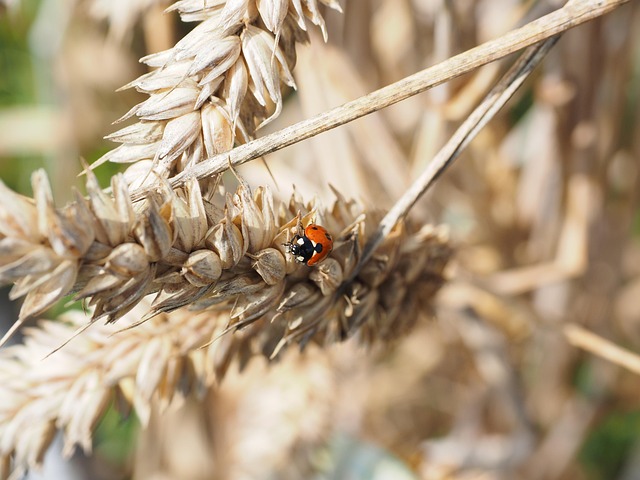
Pest control technicians require a unique blend of skills to be effective in their field. Firstly, they must possess strong observational skills to identify various pests and their behaviors. This includes recognizing subtle signs of infestation that might go unnoticed by others. Once identified, these professionals need excellent communication skills to convey the extent of the problem to property owners or managers in a clear and understandable manner.
Technical proficiency is another key skill set. Pest control involves using a range of tools and chemicals, so technicians should be adept at operating equipment safely and following strict health and safety guidelines. They must also stay updated with the latest industry standards and regulations related to pest management, ensuring environmentally friendly and effective solutions.
Common Pests and Their Control Methods

Pest control technicians often encounter a variety of common pests, each requiring specific methods for effective control. Termites, for instance, are managed through a combination of baiting systems and chemical treatments applied to structural surfaces. Regular inspections and early detection are key to preventing extensive damage caused by these wood-eating insects.
Other prevalent pests like rodents demand a different approach. Technicians use a range of tools, from live traps to poison baits, to eliminate mice and rats humanely or swiftly. Sanitation and sealing entry points are also crucial for long-term prevention. Additionally, bed bugs pose unique challenges due to their elusive nature and rapid reproduction. Heat treatments, chemical applications, and specialized equipment like heat guns are employed to eradicate these resilient pests from homes and businesses.
Safety Measures and Equipment Used in Pest Control
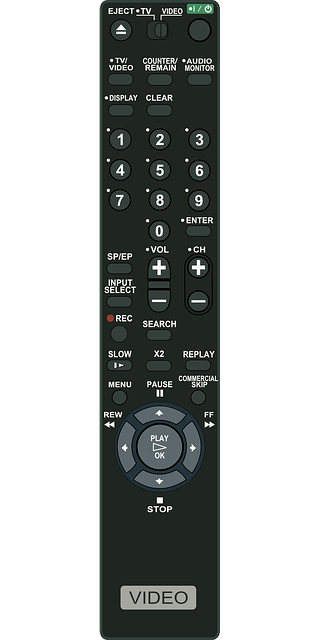
Pest control technicians play a vital role in safeguarding homes and businesses from unwanted intruders, be they termites, rodents, or insects. To ensure their safety and effectiveness, these professionals rely on a comprehensive set of safety measures and specialized equipment. Personal protective equipment (PPE), such as gloves, masks, and suits, is mandatory to shield against potential hazards like toxic chemicals or allergic reactions.
The equipment used in pest control includes a range of tools tailored for specific tasks. Traps, baits, and insecticides are commonly employed to target pests effectively while minimizing environmental impact. Advanced technologies, such as heat treatment for bed bugs and fumigation for hard-to-reach areas, offer precise and safe solutions. Additionally, digital monitoring devices help track pest populations, enabling technicians to implement targeted and eco-friendly control methods.
Training and Certification for Pest Control Professionals
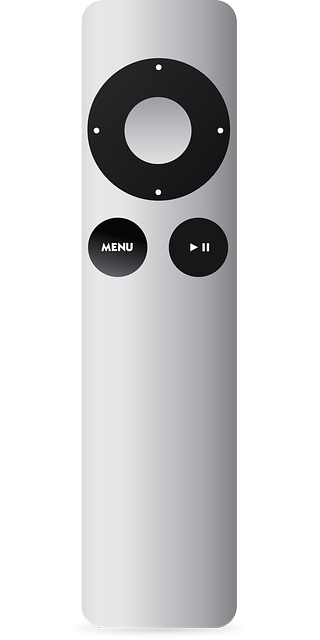
Pest control technicians require comprehensive training and certification to ensure they possess the necessary skills and knowledge to handle various pest-related issues effectively. This training often includes a mix of classroom instruction and practical, hands-on experience. During their apprenticeship or certification program, aspiring professionals learn about different types of pests, their behaviors, and the most effective methods for controlling and eliminating them. They also gain expertise in the safe handling and application of pesticides, understanding the potential risks associated with these chemicals and how to mitigate them. Certification programs typically involve passing rigorous exams that assess their technical proficiency and commitment to industry standards.
Career Prospects and Growth Opportunities
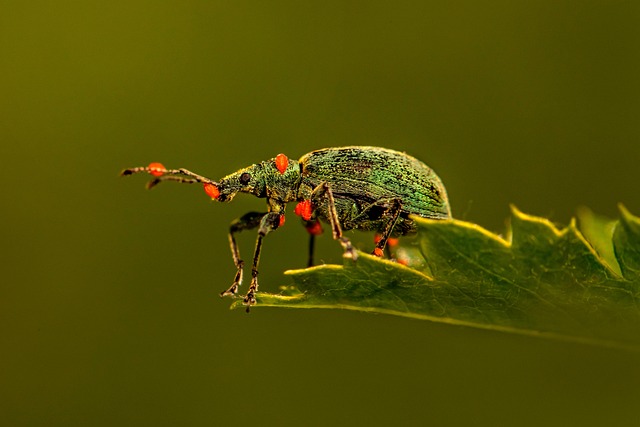
The field of pest control offers a promising career path with numerous growth opportunities for those interested in working within this industry. As a pest control technician, there’s room for advancement and specialization as you gain experience. Many professionals start as general technicians, learning the ropes and understanding various pests and their control methods. Over time, they can become specialists, focusing on specific areas like termite control, insect management, or even specialized treatments for commercial properties.
Promotions within pest control companies often come with increased responsibilities, such as managing a team of technicians, overseeing operations in a particular region, or even establishing oneself as a business owner by starting an independent pest control service. With the ever-growing demand for effective and environmentally friendly pest management solutions, the need for skilled professionals is on the rise. This presents an excellent chance for individuals to carve out successful careers in this dynamic sector, offering both personal satisfaction from helping clients and the potential for professional growth.
